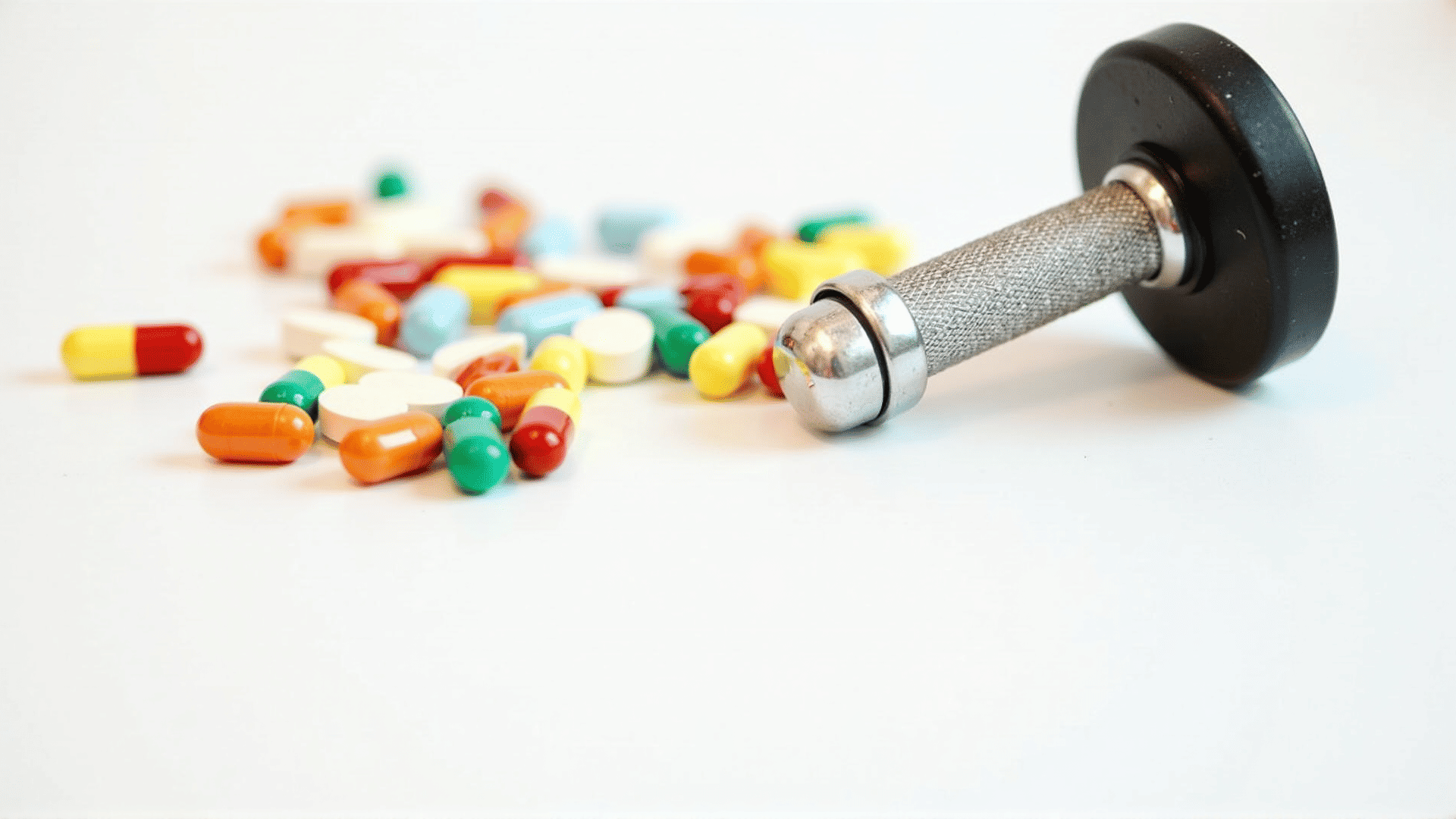In the realm of fitness and exercise, supplements have become a staple for many who seek to enhance their performance and optimize their results. While a well-rounded diet should be the cornerstone of any fitness regimen, certain supplements can offer additional support, especially when it comes to improving joint health and overall performance. Understanding the role of these supplements can be crucial for anyone looking to elevate their exercise routine.
1. The Basics of Exercise Supplements
Supplements are products designed to add nutritional value to your diet. They come in various forms such as pills, powders, and liquids, and can include a wide range of ingredients including vitamins, minerals, herbs, amino acids, and enzymes. When used appropriately, these supplements can help bridge nutritional gaps, enhance physical performance, support recovery, and improve joint health.
2. Joint Health and its Importance in Exercise
Joint health is critical for maintaining mobility and preventing injuries during any physical activity. Those who engage in regular exercise, especially high-impact activities, put a significant amount of stress on their joints. Over time, this can lead to wear and tear, inflammation, and pain, ultimately affecting performance and overall fitness goals.
Key Supplements for Joint Health:
-
Glucosamine and Chondroitin: Often taken together, these supplements are believed to aid in the maintenance and repair of cartilage, the tissue that cushions joints. Studies suggest they can help relieve joint pain and improve function in individuals with osteoarthritis.
-
Omega-3 Fatty Acids: Known for their anti-inflammatory properties, omega-3s can help reduce joint pain and stiffness. These essential fats, commonly found in fish oil supplements, support overall joint health and may enhance recovery post-exercise.
-
Turmeric and Curcumin: The active ingredient in turmeric, curcumin, is a powerful anti-inflammatory and antioxidant. It has been shown to reduce joint pain and swelling, promoting flexibility and mobility.
3. Enhancing Overall Performance with Vitamins and Minerals
Performance in exercise is not solely dependent on muscle strength and endurance but also on the body's ability to efficiently produce energy and recover.
Essential Vitamins and Minerals:
-
Vitamin D: Essential for bone health and muscle function, Vitamin D supports calcium absorption, maintaining healthy bones and reducing the risk of fractures. Adequate levels can improve muscle performance and reduce the risk of injury.
-
Magnesium: Playing a crucial role in muscle contractions and energy production, magnesium is important for athletes and fitness enthusiasts. It helps prevent muscle cramps and promotes overall muscle function.
-
B Vitamins: This group of vitamins is vital for energy production. They help convert dietary energy into ATP, the primary energy carrier in cells, which is crucial for sustained physical effort.
-
Iron: Especially important for endurance athletes, iron is a critical component of hemoglobin, which transports oxygen in the blood. Adequate iron levels can prevent fatigue and improve aerobic performance.
4. Considerations and Precautions
Before introducing any new supplement into your routine, it is important to consult with a healthcare professional or a registered dietitian, particularly if you have pre-existing health conditions or are taking medications. This ensures that the supplement is appropriate for your needs and that there are no potential interactions or side effects.
Supplements should not be used as a substitute for a balanced diet. They are most effective when combined with proper nutrition, hydration, and rest. Ensuring a diet rich in whole foods such as fruits, vegetables, lean proteins, and healthy fats can naturally provide many of the vitamins and minerals needed for optimal performance.
Conclusion
Incorporating the right supplements can provide benefits that complement your exercise routine and support joint health and performance. Understanding your individual needs and selecting the appropriate supplements can help you achieve your fitness goals more effectively. Always approach supplement use with caution and be mindful of the balance between diet and supplementation for a holistic approach to health and fitness.
